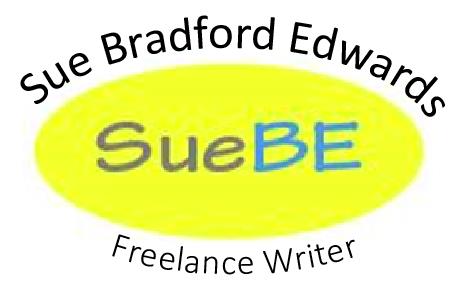Last week I got a message from a reader who had seen my post, “Scams, Cons, and Things to Watch Out For,” over on the Muffin. Unfortunately there are always people trying to take advantage of writers.
Oh, let’s be real. There are always people trying to take advantage of people.
I decided to write this post because the scam that inspired my Muffin post is still going around. My reader just got it and I’ve gotten it again too.
This time around, the scam arrived at my door in an e-mail. My reader got a message through her website. That’s how I got it the first time too. The message reads something like this:
“My name is Lynn, an academic consultant. I have a speech distorting condition called Apraxia. I got your contact information online, and I need your service. Can you write an article on a specific topic for an upcoming workshop? The article, printed as a handbook, will be given to the attendees of the workshop. I have a title for the article and an outline to guide you. Please contact me for more information.”
When I googled the message, I found a blog post on overpayment scams. The way it works is this. The scammer agrees to pay half the total fee up front. When the check comes on the weekend, it is for the whole fee. The scammer tells you to hurry up and deposit it. Then they contact you and ask you to return the excess. Surprise! They sent you a counterfeit check on a fake account. This means that come Monday or Tuesday, the deposit will not go through. But what you repayed them? That goes through and they get your money. Sneaky!
Fortunately, there are ways to recognize a hoax.
- They contact you to write something you don’t do. I don’t write whitepapers. I don’t write on apraxia.
- They ask you for money. Some scammer ask for money to send materials to you. Or they need you to pay for an editing service. If you are working for them, you shouldn’t be sending them money. Or they overpay you and ask for a refund.
- They pepper the message with odd details. Granted, some people give out too much information, but scams often include odd, unessential details. This level of detail often convinces people they are telling the truth.
Any time you are suspicious, do a google search. You will be surprised what you turn up online! Don’t let yourself be scammed.
–SueBE

